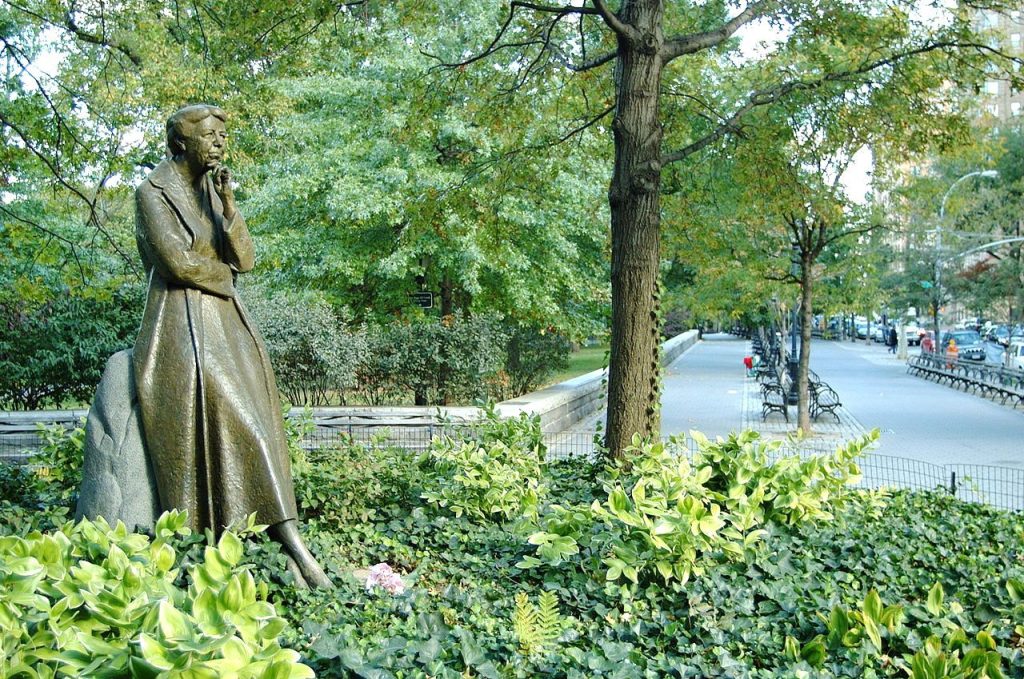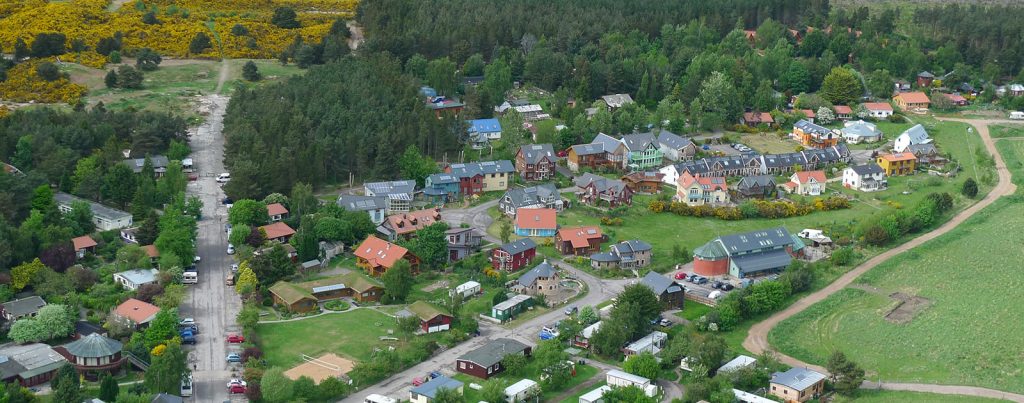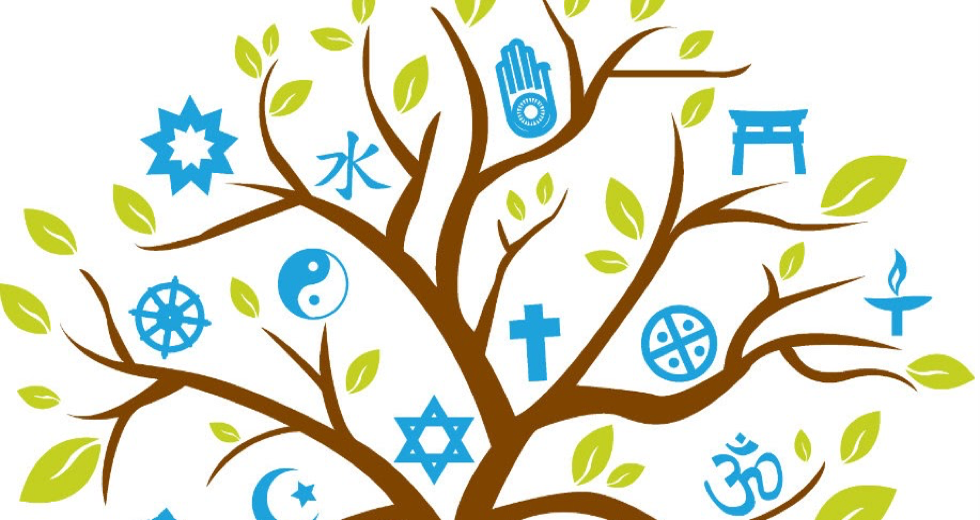Unexpected Gifts / Potatoes
I stand in my warm kitchen slicing potatoes and pumpkin for soup, reading through Luisa Cappelli’s recipe for “Crema di Zucca e Patate”, “Cream of Pumpkin and Potato”, from the delightful cookbook In Nonna’s Kitchen, Recipes and Traditions from Italy’s Grandmothers. After slicing, the instructions say, “Put the squash and potato slices in a large bowl with cold water to cover by 2 inches, and leave for 30 minutes to 1 hour. Drain well and pat them dry.” My daughter gave me the cookbook, since I’m half Italian and have happily embraced my role as Nonna to two grandchildren. I’m preparing soup for the next day when the family will come to see us, masked and distancing in our December garden. Fortunately the temperature doesn’t drop below fifty during the day here along the southern California coast, and we’ll all be wearing our snug winter jackets, gathering around the firepit as the sun drops and night’s chill begins to pool under the trees in our hillside hollow.
After soaking the potatoes and pumpkin, I follow the next instruction that tells me to “sauté the squash and potato over very low heat for 10 to 15 minutes, until they are slightly soft and very slightly golden.” I’m stirring them with a bit of olive oil in a large pot, as I stand near our old black Garland stove, a big cast-iron grandmother stove if there ever was one, with six burners, two ovens and a griddle I never use, but admire for its evocation of bountiful stacks of pancakes. I begin to listen to a podcast that coincidentally also mentions potatoes.
If you know how to embrace your anger, something will change.
It is like cooking potatoes. You cover the pot and then the water will begin to boil. You must keep the stove on for at least twenty minutes for the potatoes to cook. Your anger is a kind of potato and you cannot eat a raw potato.
Mindfulness is like the fire cooking the potatoes of anger.
Thich Nhat Hanh
What could this mean? I’m not feeling angry at the moment, though certainly I can summon the simmering rage I’ve felt at those people I’ve passed while walking in my neighborhood who refuse to wear masks. Who refuse to believe in science. Who refuse to protect themselves and others.
I once believed that most folks in our country would rally together in the face of some catastrophe, that devoted to the common good, we’d watch out for each other. And in certain instances, that may be true. But for reasons unfathomable to me, common sense and basic respect for one another has flown out the window. Yet the majority of our diverse spiritual paths in this country emphasize some form of compassion. Well. Instinctively I put one hand on my hip as I consider this, a gesture my daughter calls the Contessa, when I strike a pose of questioning authority or while making a point, which now I suppose, I’m asserting to myself.
I add the broth to the pot and read, “simmer the mixture, covered for 20 minutes, stirring once in a while.” I stir and think about my response to those maskless folks. Sometimes I’ll say something like, “it would be a good idea to protect yourself and others!” Or “don’t forget your mask next time!” One man actually said “thank you.” That was a nice surprise. Sometimes I tap my own mask as reminder as they glance at me. The number of people dying of Covid is numbing when I contemplate that the loss of even one loved one is heartbreaking. I can’t hold so much grief. Yet I would wish for my heart to be like the bottomless pot of soup in a fairy tale, of infinite bounty. I struggle not to get upset about the maskless ones, since it can’t be good for me and appears to be mostly futile.
I wonder, what would happen if I cooked my anger, if those hard potatoes that I’d like to fling at the maskless softened and became the tasty comfort food they were meant to be? What if they became ingredients like the potatoes I’m bringing to a slow boil now for soup, what if they became part of the ingredients of love?
One problem with Thich Nhat Hanh’s potato metaphor for me, is that my experience of anger does not resemble a root vegetable. It’s more like the flash of spontaneous combustion in a pile of oil-soaked rags or a light bulb bursting or a grinding of gears. Still I consider that maybe the potato is a fitting metaphor. It lives underground, hard and self-contained like a fist that grows out of old pain. Probably I carry around a whole bag of clenched potatoes from childhood awaiting their time to be unearthed again and flung in all directions. So those are the potatoes I need to soften.
Then there is the wonderful fact that all potatoes have eyes that will grow and who knows what they’ll see in their pale reaching toward the light. Maybe the next time I walk, I’ll simply protect myself by moving away from the maskless ones and let go of rancor. What’s the point in hanging onto it and ruining my walk? Then I would miss the sweet pungent scent of a small grove of old stone pines I pass. Or the ever changing view of the Pacific ocean and Catalina Island. Or the feel of soft dirt underfoot where I can veer off the sidewalk and climb a hill through a dry field where a flock of small brown birds rise up in unison like a humble hallelujah. Maybe those potatoes start to soften into something more like sadness or acceptance. And if I really cook those potatoes, maybe I can offer the maskless ones a silent wish for their health. May they be well. May they come to respect others.
Potatoes. As I puree them with the pumpkin, a little pepper and milk in the pot, I recall what my dear friend Deena said to me decades ago, when she taught a writing workshop in Molivos on the island of Lesbos. That summer as I sat in a small café on a cobblestone street, struggling with a poem I was writing about my absent father, Deena said, “Just eat potatoes.” Meaning, I supposed, ground yourself in nourishment. Comfort yourself with the good roots of the earth. And so I did, though it took many meals of potatoes, to find that I had my own solid ground within.
Soup’s almost done. If it “tastes a bit pallid, add the other half bouillon cube or a bit more salt.” I decide not to add either. The flavor’s fine as is and now the soup’s ready for tomorrow. It just has to cool on the stove before I put it away. I chop some parsley and sage to sprinkle on top. Then I taste the soup that is creamy, slightly sweet and infinitely reassuring. It’s so good that I decide to have a small bowl now. There will be plenty left for tomorrow.






